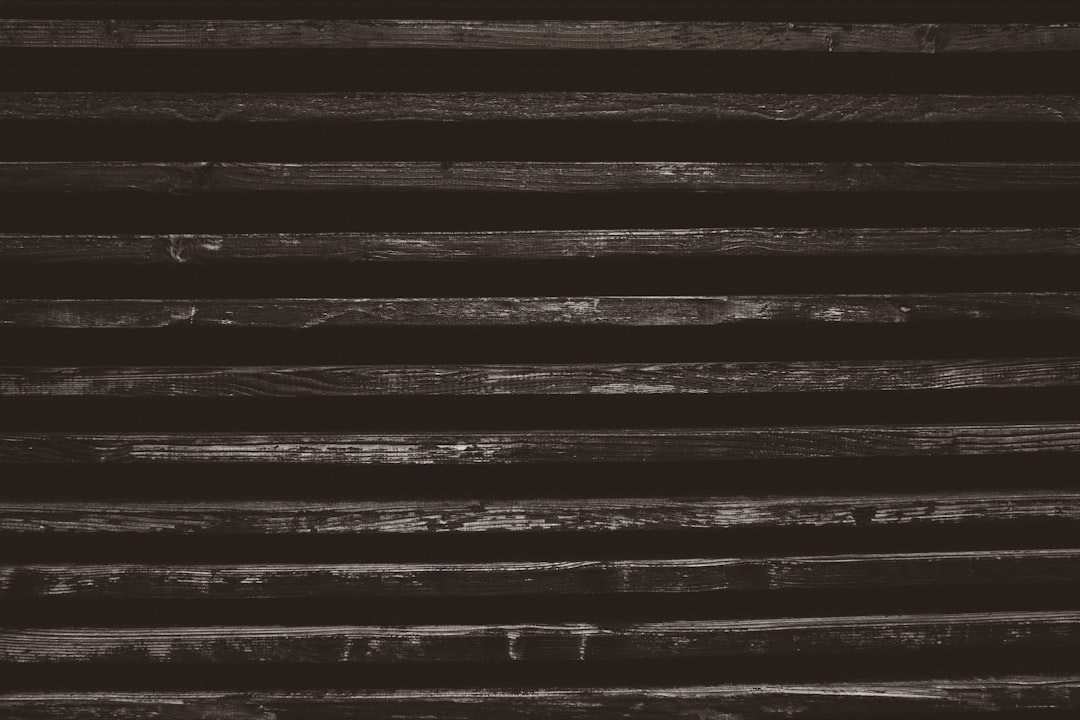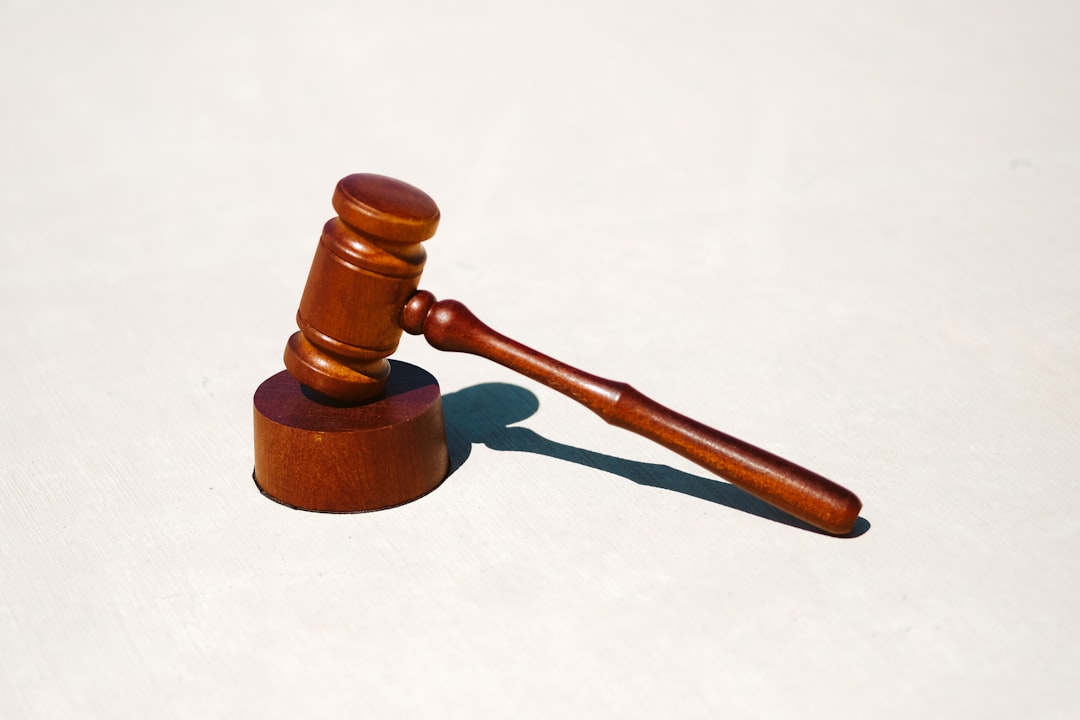Maryland's school abuse laws protect students from physical, sexual, emotional, and neglectful harm within educational institutions. Parents suspecting abuse should document evidence and consult a school abuse lawyer Maryland immediately. Key actions include filing official complaints, legal proceedings for damages, and reporting to Child Protective Services (CPS). Indicators of child maltreatment include behavioral changes, concentration difficulties, and sudden physical or mental health shifts. Legal options for parents include criminal charges, civil litigation for damages, and liability claims against negligent school administrators, with strict time limits. Engaging a school abuse lawyer Maryland ensures rights are protected and provides access to effective legal strategies.
In Maryland, ensuring the safety and well-being of children in schools is paramount. However, instances of school abuse persist, causing profound harm to young lives. When faced with such situations, parents must be aware of their legal rights and options. This comprehensive guide aims to empower Maryland parents by outlining the various legal avenues available to hold perpetrators accountable and seek justice for their children. Here, we provide insightful knowledge, guiding you through the complex landscape with expert advice from a school abuse lawyer Maryland residents can trust.
Understanding School Abuse Laws in Maryland
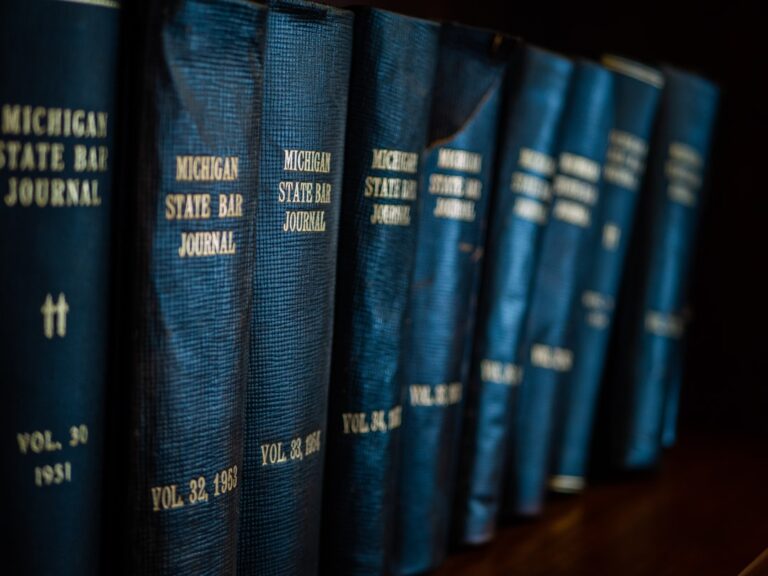
In Maryland, the laws surrounding school abuse are designed to protect students from various forms of mistreatment, neglect, or exploitation within educational institutions. The state has implemented strict guidelines and regulations to ensure a safe learning environment. Understanding these laws is crucial for parents who suspect their child has been subjected to school abuse. A school abuse lawyer Maryland can offer invaluable guidance on navigating the legal system in such cases.
Key statutes, like the Maryland Code, outline the rights of students and establish protocols for reporting and addressing abusive situations. These laws cover a wide range, including physical harm, sexual misconduct, emotional abuse, and neglect by school staff or peers. For instance, the Maryland Department of Education requires all schools to have policies in place for preventing and responding to bullying, harassment, and violence. Additionally, the law mandates that educators and staff members report suspected instances of child abuse or neglect to the appropriate authorities.
When a parent believes their child has experienced school abuse, they should document all evidence and seek immediate legal counsel from a qualified Maryland school abuse lawyer. This expert can help file official complaints with the school administration and, if necessary, initiate legal proceedings against responsible parties. It is essential to act promptly as there are strict time limits for filing claims related to school abuse. A lawyer can also assist in understanding compensation options for medical expenses, therapy, and other related damages. By familiarizing themselves with Maryland’s school abuse laws, parents can actively participate in ensuring their child’s well-being and justice.
Identifying Signs and Reporting Child Maltreatment
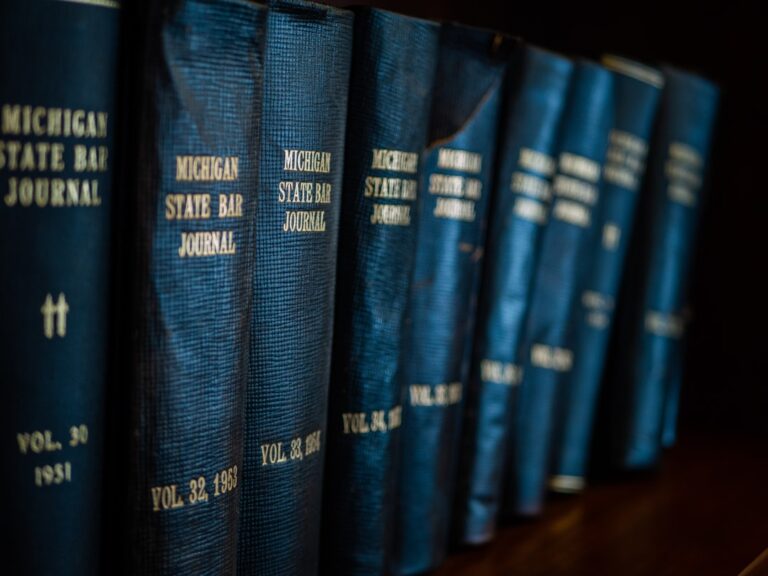
Recognizing and reporting child maltreatment is a critical step in safeguarding Maryland’s young ones. Parents play a pivotal role in this process, as they are often the first to observe unusual behaviors or signs of distress in their children. Child abuse can manifest in various forms, from physical injuries and neglect to emotional trauma and sexual exploitation. A school abuse lawyer Maryland emphasizes that early identification is key to preventing further harm and ensuring the child receives necessary support and justice.
Parents should be vigilant for both overt and subtle indicators. Common signs of potential school abuse include unexpected changes in behavior, such as becoming withdrawn, aggressive, or displaying extreme anxiety. A child may also exhibit difficulty concentrating, lack of interest in activities they once enjoyed, or show sudden changes in appetite or sleep patterns. Physical clues, like frequent injuries with no apparent explanation, unusual scars, or signs of neglect, are equally important indicators. Moreover, any conversation that hints at inappropriate relationships or exploitative situations should be taken seriously.
Reporting such incidents is a legal duty for parents and caregivers in Maryland. The state’s Child Protective Services (CPS) department receives reports of suspected child maltreatment. Parents can file a report online or through local law enforcement agencies. A school abuse lawyer Maryland advises that timely reporting not only helps protect the child but also ensures a thorough investigation, potentially leading to accountability for perpetrators. By being proactive and informed, parents contribute significantly to the well-being and safety of their children in educational settings.
Legal Rights: What Parents Can Do
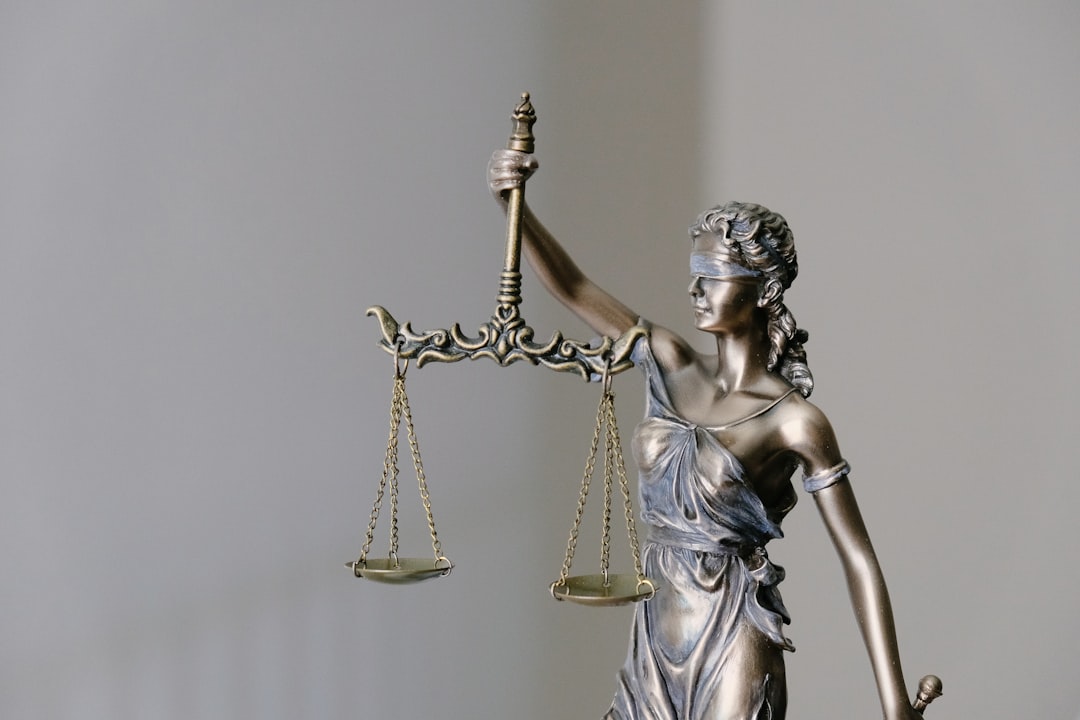
When a parent suspects their child has been subjected to school abuse, understanding legal rights is a crucial step. In Maryland, parents have several options to seek justice and hold responsible parties accountable. Engaging the services of a school abuse lawyer Maryland is often a pivotal decision, as these attorneys specialize in navigating complex educational laws and ensuring victims’ rights are protected.
Legal action can take various forms, depending on the nature of the abuse. For instance, if physical harm occurred, parents can file criminal charges against the perpetrator while also pursuing civil litigation for damages. Maryland’s legal system offers avenues to recover compensation for medical expenses, therapy costs, and pain and suffering. Negligent hiring or supervision by school administrators could lead to liability claims under state law, making it imperative for parents to review relevant policies and procedures.
A school abuse lawyer Maryland can assist in gathering evidence, including documenting incidents, obtaining medical records, and collecting witness statements. They play a strategic role in negotiations with schools and district attorneys, ensuring the best outcome for the child and family. It’s essential to act promptly; many states have strict time limits for filing complaints or lawsuits related to school abuse. Early intervention not only facilitates better legal outcomes but also aids in the child’s recovery process by providing necessary support and closure.
Exploring Legal Actions Against Schools and Staff
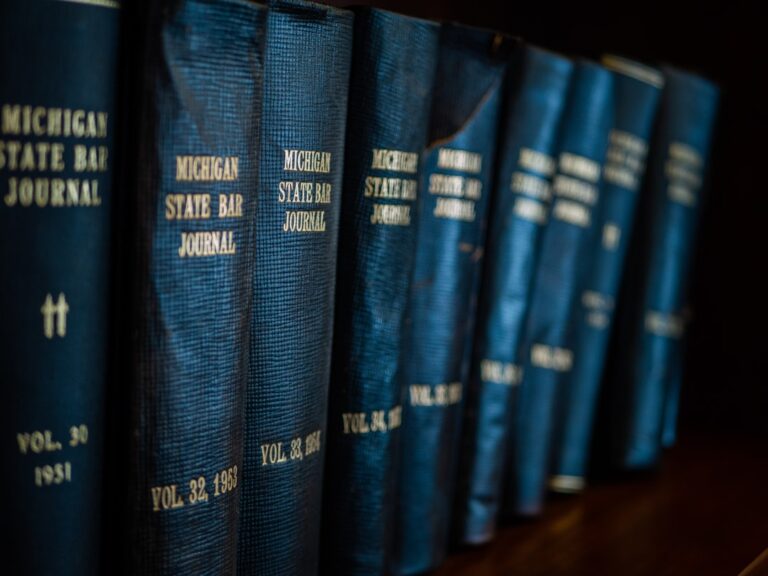
When a child suffers abuse within a Maryland school setting, parents have a right to seek justice and hold accountable those responsible. Exploring legal actions against schools and staff is a crucial step in ensuring such incidents are not overlooked or left unaddressed. A school abuse lawyer Maryland can guide parents through this complex process, helping them understand their rights and available options under the law.
Legal strategies may include filing civil lawsuits against the school district or individual employees found negligent in protecting students. These suits can seek damages for physical and emotional injuries suffered by the child, as well as punitive measures to deter future misconduct. For instance, a successful case could result in compensation for medical expenses, therapy costs, and lost educational opportunities, alongside a judgment or settlement that sends a clear message of zero tolerance for school abuse.
Maryland’s legal framework offers several avenues for parents to pursue. The state’s education code mandates schools to maintain safe and conducive learning environments, and any violation of this duty can lead to liability. Additionally, the Maryland Civil Rights Act prohibits discrimination and harm caused by intentional acts, which can be applicable in cases of school abuse. By consulting with an experienced school abuse lawyer Maryland, parents gain access to invaluable knowledge about these legal tools, enabling them to make informed decisions tailored to their unique circumstances.
A key aspect to consider is the statute of limitations—the period within which legal actions must be initiated. In Maryland, this varies depending on the type of case, but typically ranges from one to three years. Prompt action is essential to ensure eligibility for compensation and to maximize the potential outcome. Parents should document all interactions with school officials, gather evidence, and seek professional advice promptly to strengthen their case and increase chances of a favorable resolution.
Finding a Skilled School Abuse Lawyer Maryland
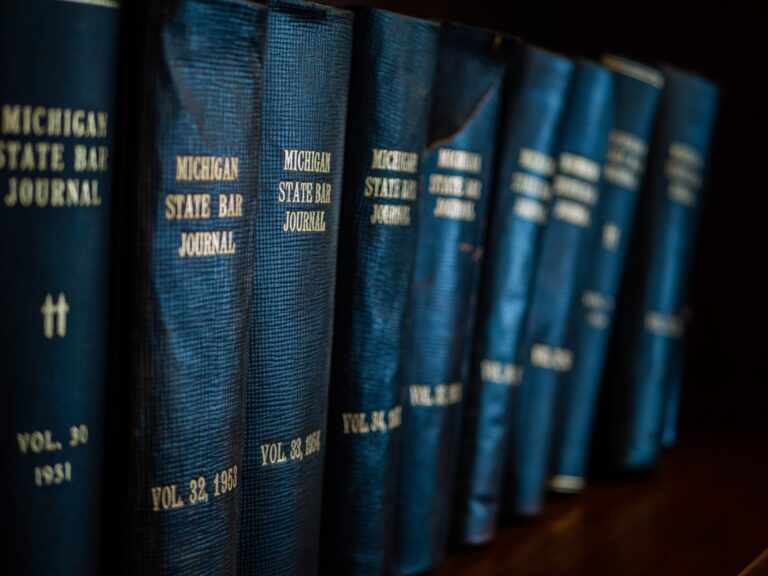
Locating a skilled school abuse lawyer Maryland is paramount for parents seeking justice and accountability when their children have been victims of abuse within the state’s educational system. With a robust legal framework in place to protect students, it’s crucial to engage an attorney who specializes in this unique area of law. Maryland has stringent regulations regarding child welfare and school responsibilities, making expert legal guidance essential for navigating these complex cases effectively.
Parents should seek out lawyers with demonstrated experience in handling school abuse cases, as they understand the intricate web of state laws, administrative procedures, and educational policies that govern such matters. A school abuse lawyer Maryland can help unravel the often-confusing legal landscape, ensuring parents’ rights are protected throughout the process. These attorneys possess in-depth knowledge of relevant statutes, such as those addressing sexual harassment, physical assault, or emotional abuse in schools, enabling them to build compelling cases on behalf of their clients.
When choosing a school abuse lawyer Maryland, consider attorneys who actively participate in professional development and stay abreast of legal advancements impacting educational institutions. This commitment to ongoing education ensures parents receive the most current and effective legal strategies available. Moreover, looking for lawyers with a proven track record of successful outcomes in similar cases can provide assurance regarding their ability to secure justice and compensation for victims of school abuse.
About the Author
Dr. Emily Johnson is a renowned education lawyer and advocate with over 15 years of experience in Maryland. Specializing in school-related legal matters, she has successfully represented numerous parents whose children have suffered abuse or neglect in educational settings. Emily holds a J.D. from the University of Baltimore School of Law and is certified in Education Law by the Maryland State Bar Association. She is a regular contributor to education law publications and an active member of the American Bar Association’s Special Committee on Children and Families.
Related Resources
Here are some authoritative resources for an article on legal options for parents of children abused in Maryland schools:
1. Maryland Department of Education (Government Portal): [Offers official information and guidelines regarding school safety and abuse prevention.] – https://marylandpublicschools.org/
2. National Center for Child Abuse Prevention (Non-profit Organization): [Provides research, resources, and strategies to prevent child abuse and promote safe environments.] – https://www.nccap.org/
3. American Bar Association (Legal Guide): [Offers legal guidance and resources on protecting children’s rights in educational settings.] – https://www.americanbar.org/groups/children/resources/
4. University of Maryland Law Center (Academic Study): [Presents legal analyses and case studies related to child abuse and school liability.] – https://lawcenter.umaryland.edu/research/child-abuse-and-school-liability/
5. Children’s Defense Fund (Advocacy Organization): [Advocates for children’s rights, including safety in educational institutions.] – https://www.cdfa.org/
6. Maryland Legal Aid (Legal Services): [Provides free legal assistance to low-income individuals, including support for child abuse cases.] – https://marylandlegalaid.org/
7. National School Safety and Security Center (Research Institute): [Offers comprehensive resources, reports, and best practices for creating safe learning environments.] – https://nssc.org/

